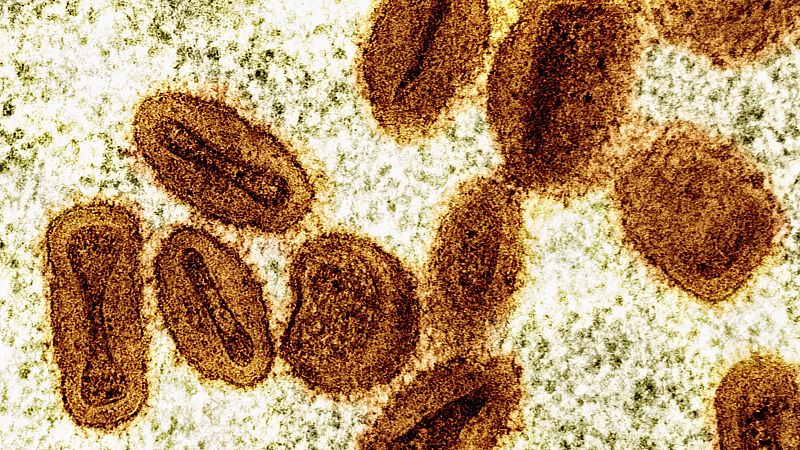First mpox vaccine for children approved by WHO to fight virus outbreak

A second mpox vaccine, and the first for children, has been authorised for emergency use by the World Health Organization (WHO).
The UN agency said on Tuesday it would grant an "emergency use listing" for the Lc16m8 mpox vaccine.
“This decision is expected to facilitate increased and timely access to vaccines in communities where mpox outbreaks are surging,” WHO said.
It is recommended as a single dose for people one year of age and older.
The charity Save the Children said last week that mpox cases among children had increased by more than 130 per cent in the Democratic Republic of Congo (DRC), which has the highest number of cases of the virus.
WHO approved Danish vaccine maker Bavarian Nordic's jab in September, adding that it may be used in infants, children, and adolescents "in outbreak settings where the benefits of vaccination outweigh the potential risks".
The agency expanded its use to include people aged 12 years and older last month.
There have so far been more than 53,000 cases of mpox in 19 African countries this year and 1,100 deaths, according to the latest briefing from the Africa Centres for Disease Control and Prevention (Africa CDC).
Mpox causes symptoms such as fever, fatigue, and a painful rash. It is spread through close skin-to-skin contact with someone who is infected or through contact with objects or fabric, such as bedding, that has not been disinfected after use by a person with the virus.
'Significant step' in response to emergency
WHO declared that mpox was a global health emergency in August and the virus has been reported in 80 countries in 2024.
The health agency's decision about authorising the Lc16m8 mpox vaccine comes as the government of Japan said it would donate 3.05 million doses of it with specialised needles to the DRC. The vaccine is developed by KM Biologics in Japan.
The vaccine's approval "marks a significant step in our response to the current emergency, providing a new option to protect all populations, including children,” Dr Yukiko Nakatani, WHO's assistant director-general for access to medicines and health products, said in a statement.
"Vaccines are one of the important tools to help contain the outbreak as part of a comprehensive response strategy that also includes improved testing and diagnosis, treatment and care, infection prevention control, and engagement and education within affected communities".

